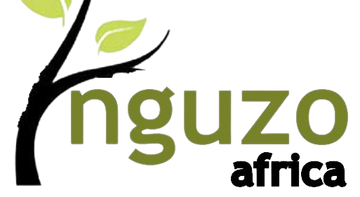Reclaiming the lost power of alternatives, diversity, and solidarity

As you settle after the 2023 #ShiftThePower Global Summit experience with 700 plus change makers in Bogotá, Colombia, the aside "Summit Communique" is here. It is dedicated to you who felt restless and vowed to reclaim the lost power of alternatives, diversity, and solidarity to create the world we want. Much credit goes to the event organisers, led by Jenny Hodgson, Global Fund for Community Foundations (GFCF) and her creative team, for confronting the world pain through relaxed atmospheres, light-up talks, and plenty connecting spaces. And you of course,100%.
Indeed, development and humanitarian work is becoming more traumatic and difficult amidst geopolitical cold ideologies of control, greedy and destruction. We know that to build the civil society and funding system we desire is a long journey with turbulences, blockages and delays, but we are determined to reach our destination.
"What will it take to build a global civil society and funding system that centre equity, justice and flourishing lives for all?"
The little progress we have made are destroyed in split seconds. The practical experiences we have shown on how dignified sustainable development should be done are fast rejected, deeply classified as slow, disconnected and unfashionable. Supporter of "old-colonial aid system," claim that the emerging community-led development models lack infrastructure, absorption and technical capacities to offer development as defined by big funders. Yet there is enough evidence that the old aid development models don’t work. Defenders of this system are resistant, stubborn and defensive. The few who are listening are reluctantly trying to buy time and offering flimsy excuses. Luckily, we have brave allies who have taken bold steps to reimagine international development and community led development.
The alternatives
Alternatives gives you freedom to choose, innovate and improve. In pre-summit weaving forums, thousands of community leaders wrote and spoke about their struggles to do good to communities. It is clear that the staggering cost of building and strengthening local-led community organisations is well-documented, but the investments to this area are minimal. Stories of understaffed, underfunded and struggling local organisations are easy to come by. Everyone knows that this is a calculated way of disempowering the local community ownership and leadership. The lack of supporters is real. But, the optimism and resilience from community change makers is inspiring.
There is much hope and light at the end of the tunnel. What if all the last-mile, little known community organisations document their natural physical resources such as rivers, land, shelter, wildlife, sunshine, carbon, gas, oil, minerals, coffee, trees, herbs combine that with money and in-kind contributions such as skills, knowledge, security, territories, people, languages, food, hospitality, warmth, love, music, dance, culture, and networks. We shall have huge community prosperity funds spread across the globe. From Colombia to Peru. South Africa to Niger. Combined these community funds will have huge asset bases and they shall be more than 1000% rich of what is computed as humanitarian aid from the usual big donors. With such community prosperity funds, we shall have built a strong base to respond to our development challenges and avoid the top-down power imbalances that comes with external funding.
Lighter relief is building. There are now many upcoming organisations and community foundations building their resources and assets through their communities. But this as demonstrated by many summit participants requires your commitment to change and look at the power and resources within us. In many ways, the message is much the same: having steady streams of local resources to funding community organisation actions is dignifying. Waiting for external traditional donors to cater for your programs and operations costs 100% is awful.
There are alternatives in program design, delivery and measuring impact. There are immense opportunities to fundraise locally and serve communities with dignity.
Diversity and inclusion
It is so disturbing that most poor and vulnerable communities are excluded and marginalised. Because of created poverty, the poor people in Africa, Latin America, Asia, Europe and South America can’t move. Such exclusions deny people knowledge, experience, and connections to build enterprising connected communities.
As defined inclusion is about how well the contributions, presence, and perspectives of different groups of people are valued and integrated into an environment. It is painful that our connections are prevented by lack of resources, infrastructure, borders and artificial racial and ethnic profiling. These are the historical challenges that our leaders have failed to address. The great work being done by Africa Rising to build borderless Africa should be supported. Similar movements should be enhanced to building lost connections in the Global South.
Solidarity in movements
If there is any goldmine that we must invest in is on solidarity that enhances collaboration, cooperation, and coherence. Charles Kojo Vandyck’s recent Alternative Convos Podcast with Muhammed Lamin Saidykhan on activism and movement building, demonstrated the power of building solidarity to change the world. Building solidarity is about organising and working with likeminded people to create huge impact for humanity and community good.
Muhammed gives us hope that despite absolute dictatorship and oppression, where communities are at the verge of giving up, organised solidarity can bring change. It is doable. Organised solidarity and movement building brought down Yahya Abdul-Aziz Jemus Junkung Jammeh, the Gambian politician and dedicator who served as President of the Gambia from 1996 to 2017. Saidykhan's good work in growing Africa Rising is a testimony on how revived connected-solidarity (Pan-Africanism) is shaping the future of Africa.
We should invest and build a strong ShiftThePower movement infrastructure that is dynamic and responsive to challenges we get from every corner of the global level. Building solidarity helps to remove the increasing despair among the oppressed. We need critical skills such as getting proper intelligence, working on safety of activists. Governments particularly in Africa have invested heavily in silencing activists. It is critical to strategize. Use technology diligently and think critically about the outcomes. Often, activists work for good change, but lack critical support from each other. Let's build intercontinental solidarity for justice, equity, dignity and prosperity.
Muhammed advices that to build solidarity and unity of our struggles, we should shun on building exclusive thematic movements such as gender movement, climate movement, etc. He says that we are strong together in fighting for social justice.
We are vulnerable but powerful. Our vulnerability connects and move our waves in the high seas. Let's work and demonstrate that our critical numbers and connections can change world.
Conclusion
This is a journey. We are just but beginning to experience it. Since we shall be moving in rough seas and skies, expect turbulences and prepare in advance. The fruits of change are here now for you and generations to come. Power to the people! Let’s keep learning from each other. Light your candles with the person in distress. Tell the person next to you that: “I love you.” “You are amazing.” “You are a gem to this world.”
May you have a great, happy and flourishing 2024! Let’s keep the dialogues.
The Author, Elizaphan Ogechi, is the Executive Director, Nguzo Africa. He is ShiftThePower fellow with the Global Fund for Community Foundations (GFCFs).
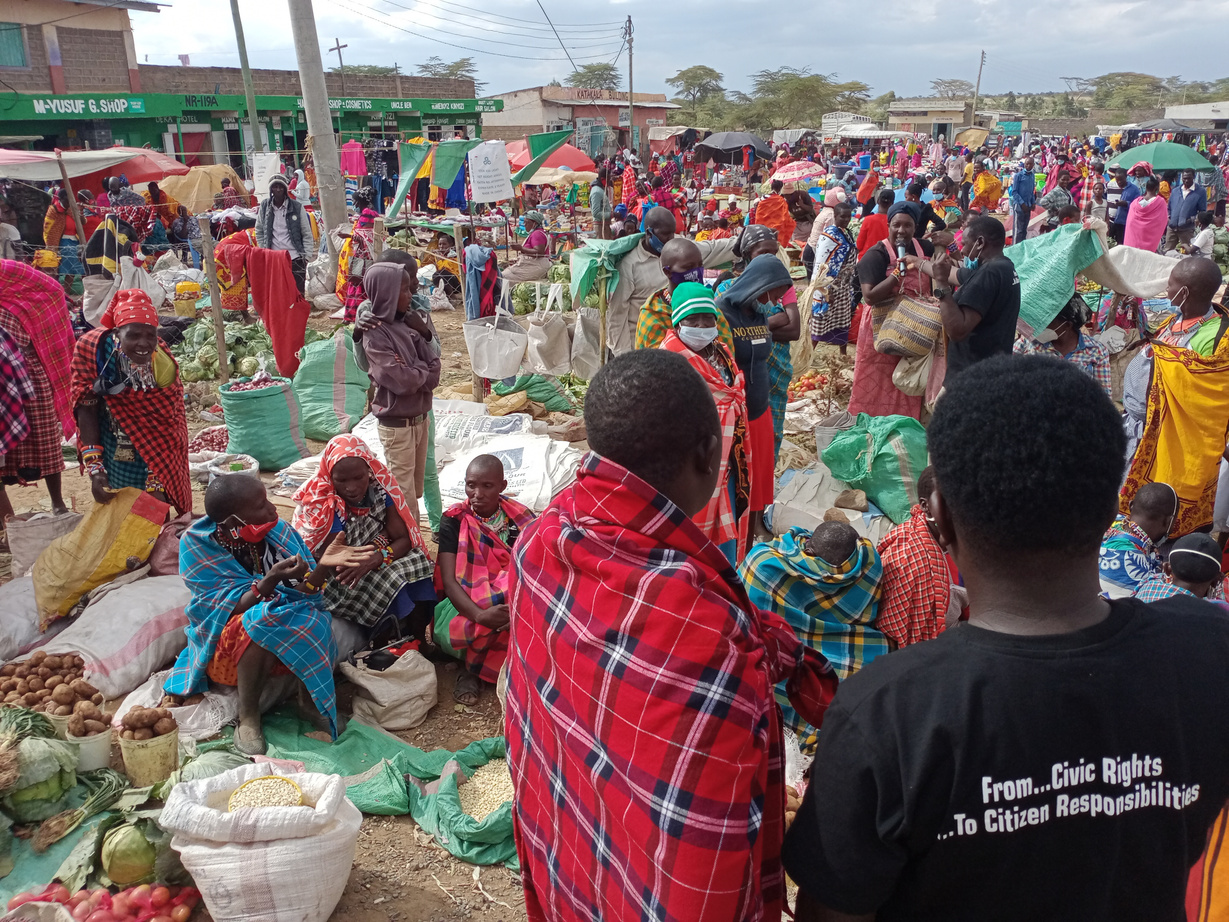
© Nguzo Africa
Partners
Nguzo Africa partners provides technical and financial support towards the implementation of our strategy. We value our partners for their continued support.
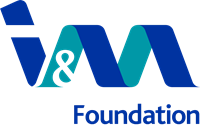
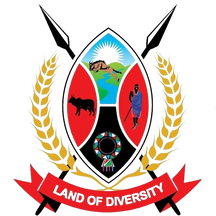

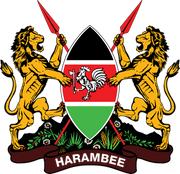
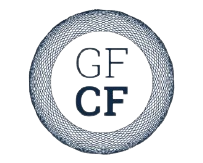



Committed to just, resilient and prosperous communities.
Our location
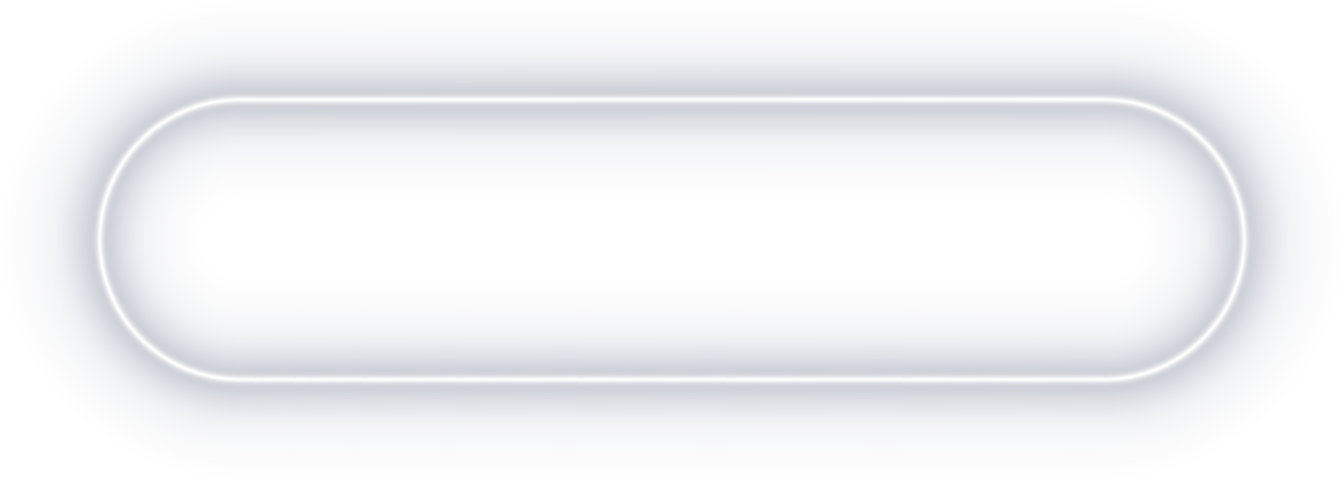
Narok Town, Kenya
Nguzo Africa. Total, Block 11, along, Maasai Mara University Way
connect with us
info@nguzo.africa
